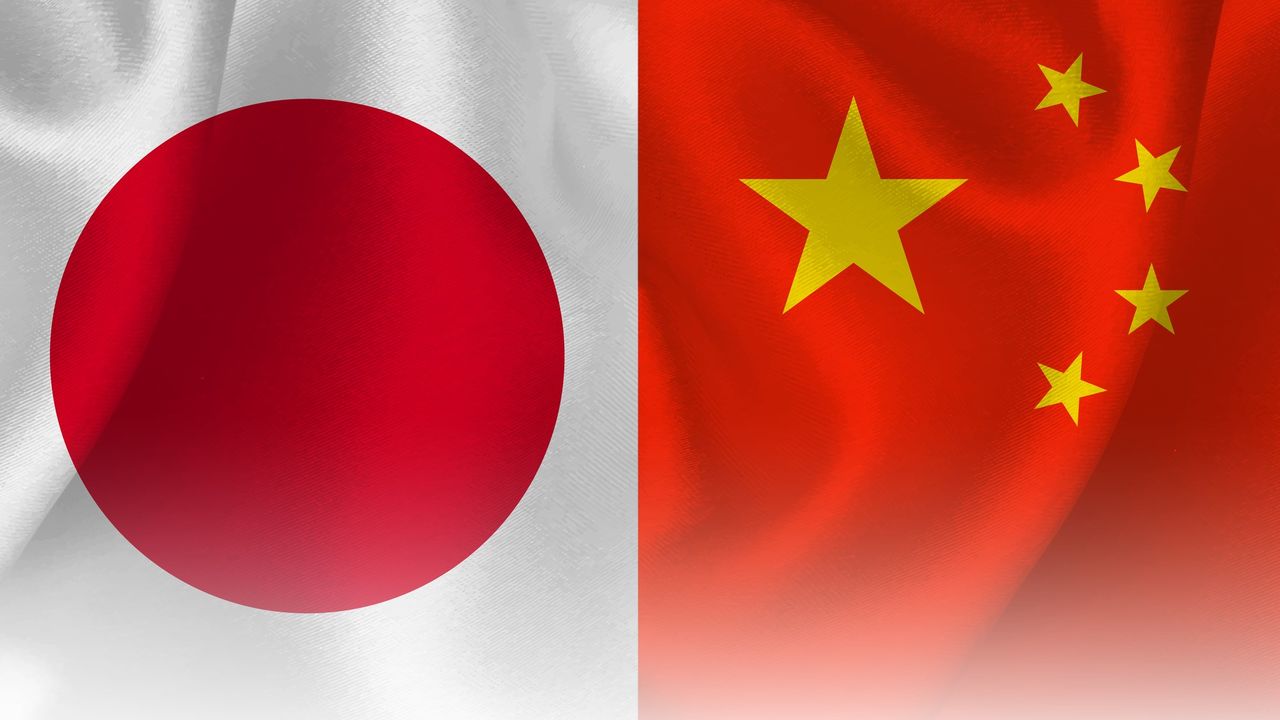China Issues Travel Warning to Citizens Amid Rising Tensions with Japan Over Taiwan

China has advised its citizens against traveling to Japan due to escalating diplomatic tensions triggered by remarks from Japanese Prime Minister Sanae Takaiichi concerning Taiwan.
Takaiichi, who became Japan's first female Prime Minister last month, stated on November 7 in Parliament that Tokyo could respond militarily to any use of force against Taiwan, which Beijing considers an integral part of its territory.
In response to these comments, both Beijing and Tokyo have exchanged criticisms. On Friday, China summoned the Japanese ambassador to lodge a formal protest, while Japan summoned the Chinese ambassador after a "inappropriate" online post by the Chinese Consul General in Osaka was made public before being deleted.
While Takaiichi's remarks were interpreted as a hint at possible Japanese military intervention if Taiwan were attacked, the Japanese government emphasized that its stance on Taiwan remains unchanged, reaffirming its commitment to the 1972 joint declaration that acknowledges the "One China" policy.
Late Friday, the Chinese embassy in Tokyo issued a warning via the WeChat app, stating: "Japanese leaders have recently made provocative and outrageous remarks regarding Taiwan, severely damaging the climate of exchange between the two nations."
The statement added that the situation poses "serious risks to the personal safety and lives of Chinese citizens in Japan" and officially reminded Chinese citizens to avoid traveling to Japan in the near future.
Beijing insists that Taiwan, which was under Japanese occupation until 1945, is part of its territory and does not rule out the use of force to assert control over the island. Despite being significant trading partners, historical mistrust, regional competition, and military expenditures continue to hinder stability in Sino-Japanese relations.
Last week, Takaiichi stated that armed attacks on Taiwan could justify the deployment of Japanese troops to support the island under the principle of "collective self-defense" as outlined in the 2015 legislation. She remarked in Parliament, "This could represent a situation that threatens Japan's survival, regardless of how one looks at it."
Despite the crisis triggered by her comments, the Prime Minister emphasized that she does not intend to resign and noted that her position aligns with Tokyo's traditional policies, though she clarified that she would avoid referencing specific scenarios in the future.
Unlike her predecessors, who adopted a policy of "strategic ambiguity" regarding Taiwan, Takaiichi is known for her firm stance against Beijing and her calls for strengthening Japan's military capabilities in the Asia-Pacific region. She had previously visited Taiwan and met with its representatives at the Asia-Pacific Economic Cooperation (APEC) summit in South Korea two weeks ago, where she also had a sideline meeting with Chinese President Xi Jinping.
